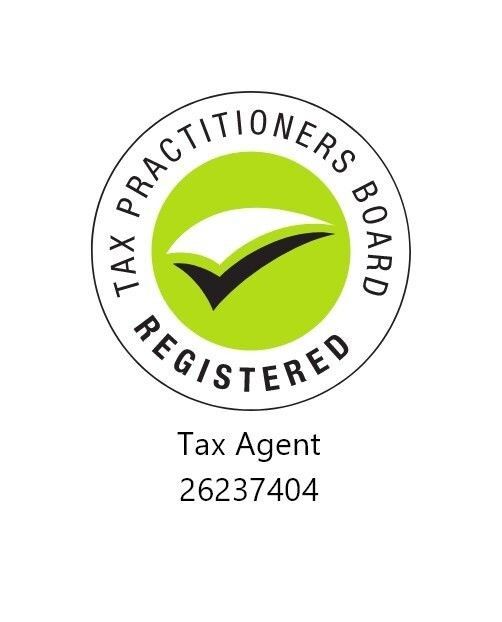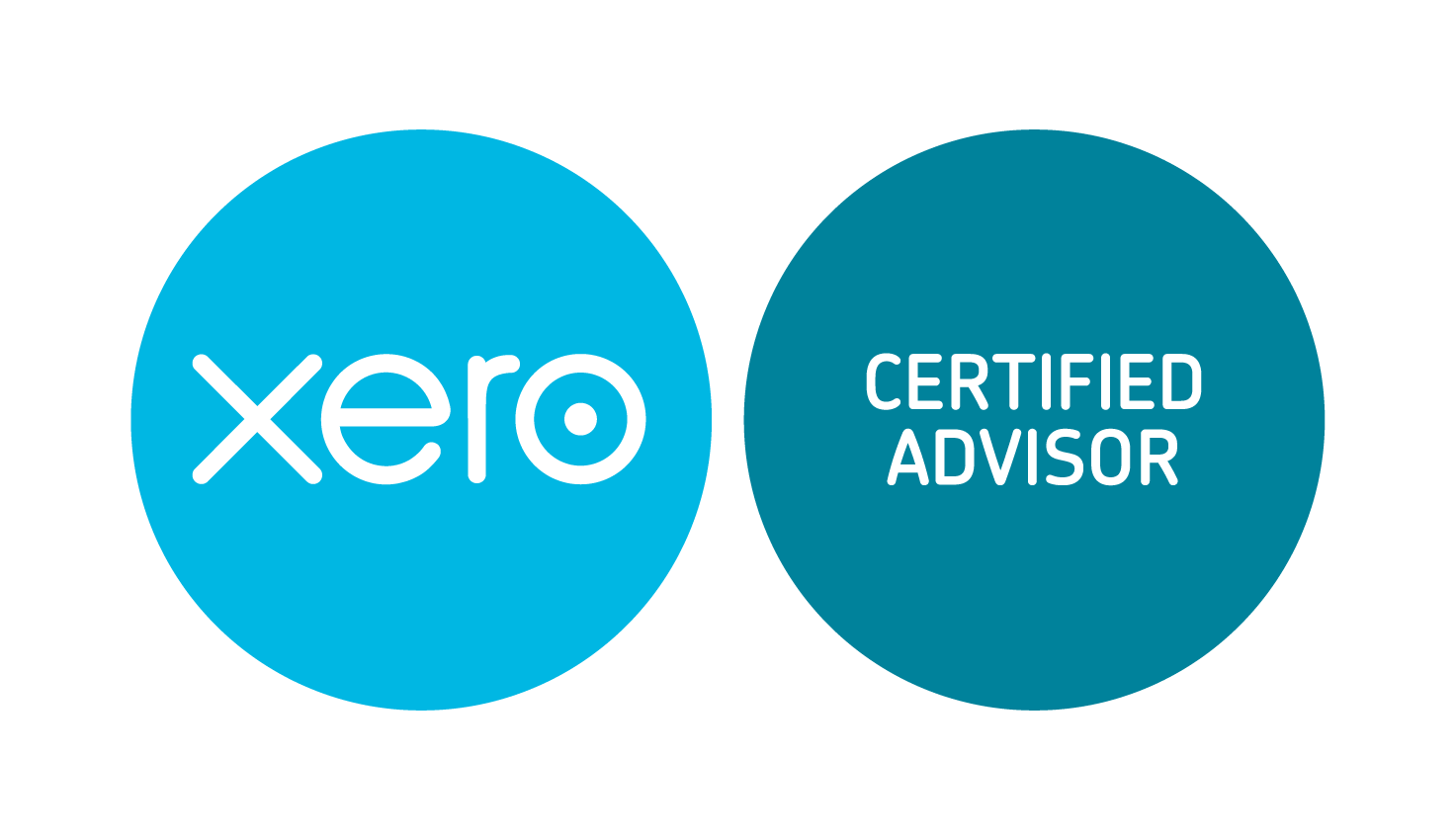QUESTION: Where a rental property is sold but the sale proceeds are not enough to pay out the loan will the interest on the loan continue to be tax deductible?
ANSWER:
The sale of assets used for income producing purposes where the proceeds are insufficient to pay out the loan is quite a common scenario & typically arises where:
The sale of assets used for income producing purposes where the proceeds are insufficient to pay out the loan is quite a common scenario & typically arises where:
- Property markets are flat & there has been negative growth;
- Owners need to free up cash for an unexpected expense;
- Financial difficulties result in a 'distressed' sale.
- COMMERCIAL ADVANTAGE – If the loan is being kept on foot just so the taxpayer can claim deductions or is extended for other ongoing commercial advantage, then the interest will not be deductible. Therefore, where you have the capacity to pay out the loan but choose not to, then the interest may cease to be deductible.
- LENGTH OF TIME – The amount of time since the sale is a relevant factor. However, the courts have been quite generous in this regard – allowing interest to still be claimed even though more than ten years has passed since the sale of the income producing asset (see the Guest v FCT case).
- REFINANCING – Refinancing the loan will not break the nexus of deductibility. In FCT v Jones the Federal Court confirmed that interest incurred on a business-related loan continued to be deductible even though the loan was refinanced. In this case the taxpayer operated a trucking & equipment hire business. The business ceased in December 1992, with a $70,000 loan outstanding. The taxpayer continued to pay the loan, but re-financed it in 1996 at a lower interest rate & with another lender. Despite this, the Federal Court ruled that the interest was still deductible – years after the business had ceased & despite the original loan no longer existing.





